The author clarifies in this work that the absence of a ruling in the law – on the part of the Lawmaker (God) was not unintended. Evidence from the Qurʾān and Sunnah is provided to demonstrate this thesis. Of the reasons behind the intentionally absent rulings the author mentions: Mercy, lifting hardship, avoiding strife, the protection of acquired rights and public order – which is a very important Sharīʿah objective in daily life, the ‘encouragement of good acts and discouragement of vice’ and lastly the provision of freedom to allow the Ummah to arrange its affairs.
 Shared Knowledge
Shared KnowledgeFoundation work in this area

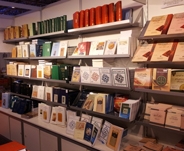
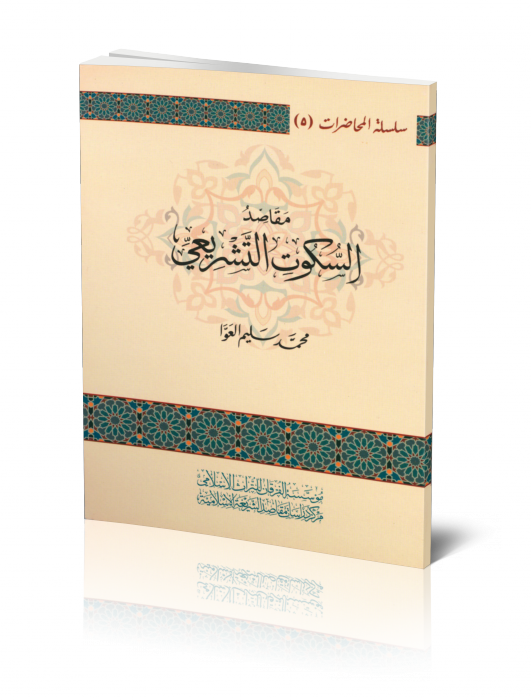
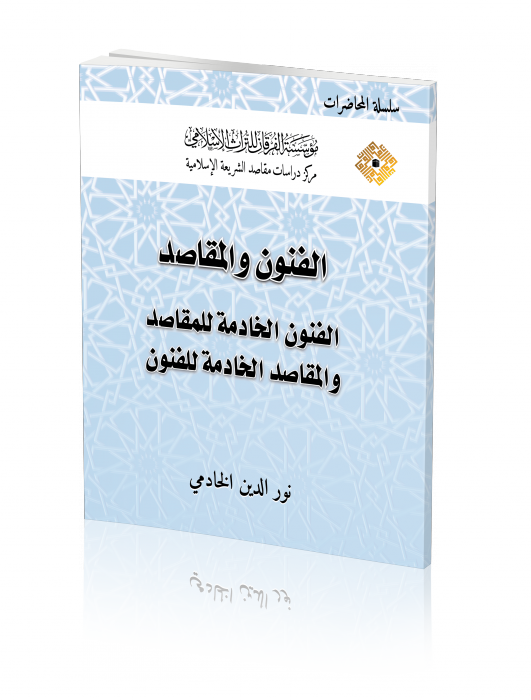 Arts and Maqāṣid: The Arts that serve Maqāṣid, and the Maqāṣid that serve the Arts
Arts and Maqāṣid: The Arts that serve Maqāṣid, and the Maqāṣid that serve the Arts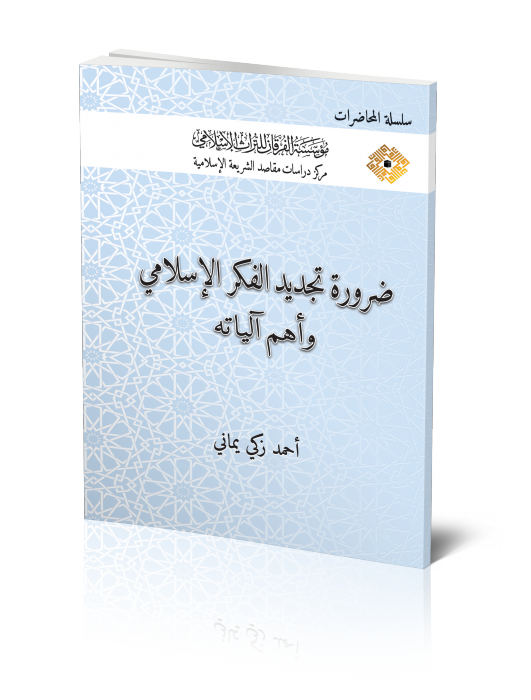 The Necessity to Renew Islamic Thought and the Most Important Mechanisms
The Necessity to Renew Islamic Thought and the Most Important Mechanisms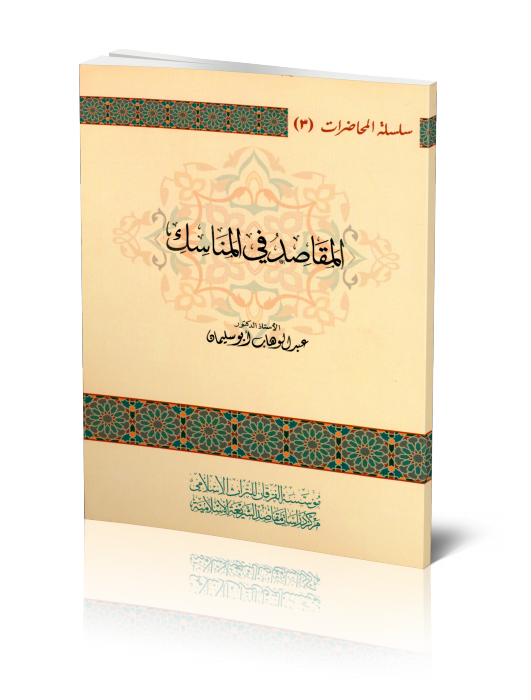 Objectives of The Pilgrimage Rites
Objectives of The Pilgrimage Rites